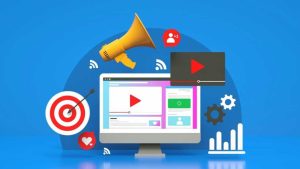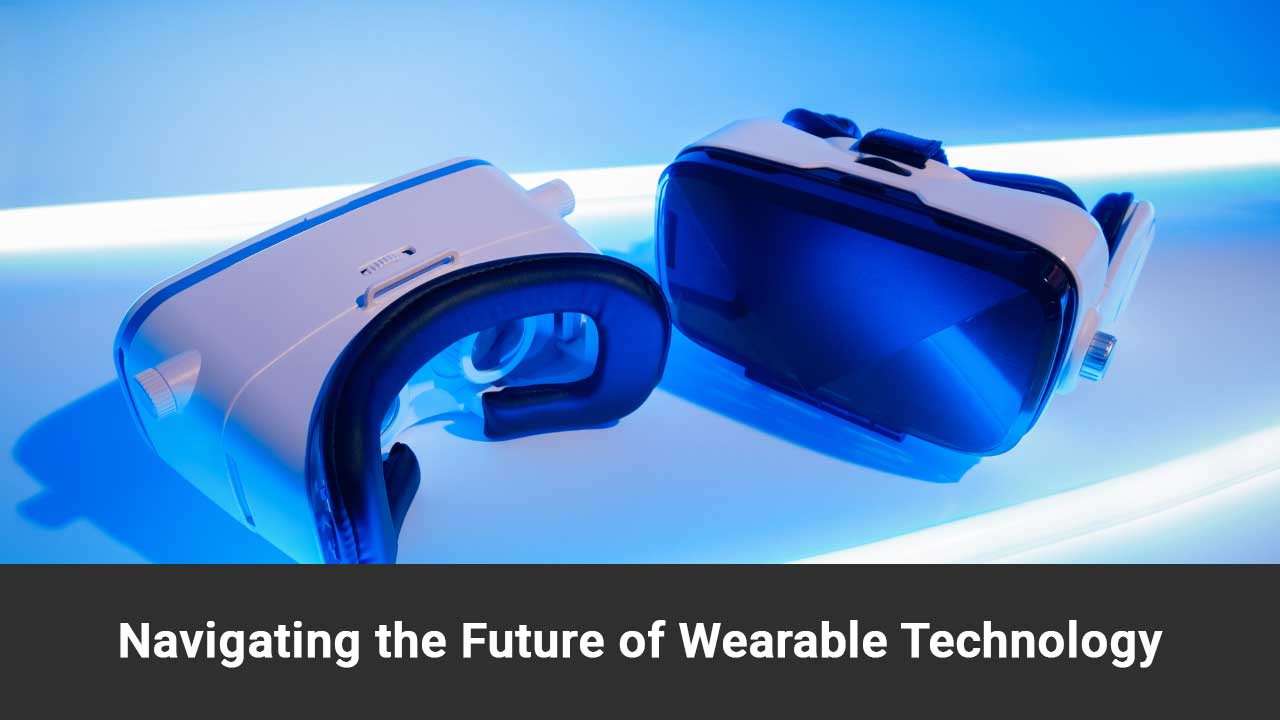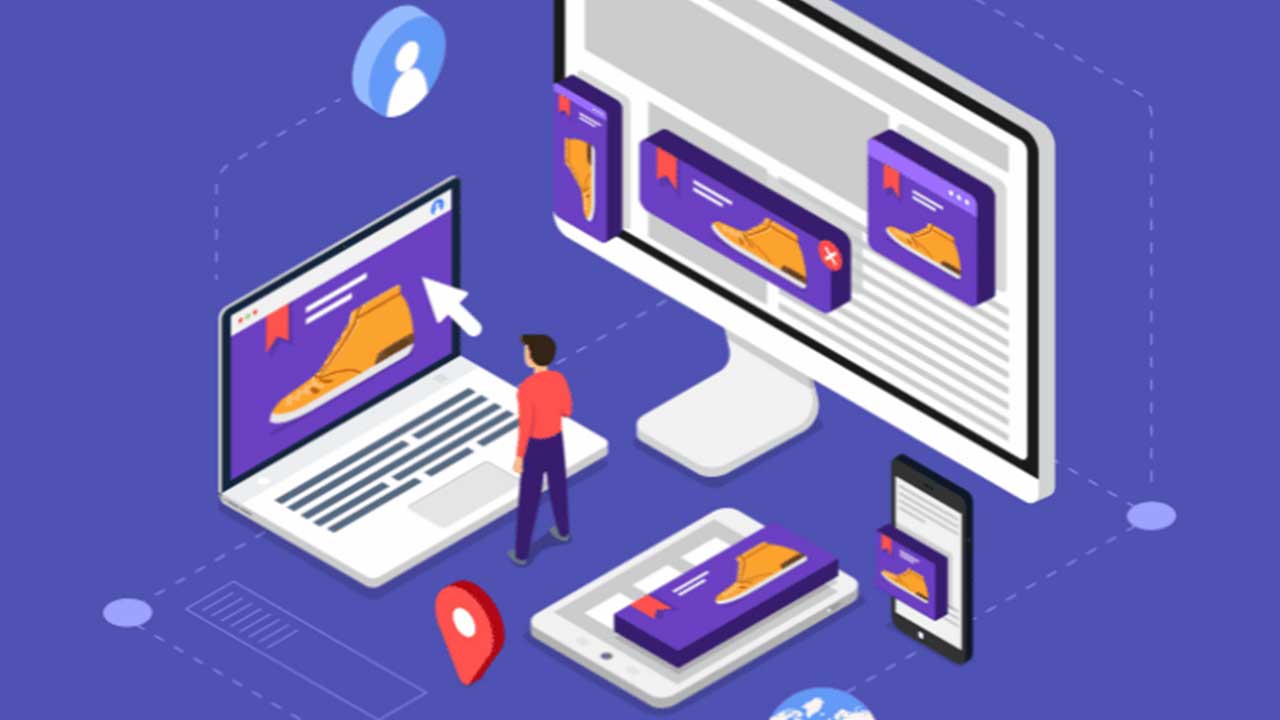Successful Digital Marketing Campaigns: A Comprehensive Guide
In today’s digital age, marketing has evolved beyond traditional methods to encompass a vast array of online strategies known as digital marketing campaigns. These campaigns are integral to modern businesses, allowing them to reach broader audiences, engage with customers in meaningful ways, and drive significant growth and brand recognition.
A successful digital marketing campaign can propel a business to new heights, creating viral content, boosting sales, and fostering loyal customer bases. This article delves into the intricacies of successful digital marketing campaigns, exploring their types, components, case studies, creation steps, tools, challenges, future trends, and expert insights.
Types of Digital Marketing Campaigns
Social Media Campaigns
Social media campaigns leverage platforms like Facebook, Instagram, Twitter, LinkedIn, and TikTok to engage with users, promote products or services, and build brand awareness. These campaigns often include a mix of organic posts, paid advertisements, influencer partnerships, and interactive content.
Email Marketing Campaigns
Email marketing continues to be one of the most powerful methods for directly connecting with customers. Successful campaigns involve personalized emails, segmented lists, automated workflows, and compelling content that drives engagement and conversions.
Search Engine Marketing (SEM) Campaigns
SEM campaigns, including pay-per-click (PPC) advertising, use platforms like Google Ads to place advertisements in search engine results. These campaigns are highly targeted, allowing businesses to reach potential customers based on specific keywords and search intent.
Content Marketing Campaigns
Content marketing aims to produce valuable and pertinent material to attract and keep a specific audience. This can include blog posts, eBooks, infographics, webinars, and more, all aimed at providing information and solving problems for the target audience.
Influencer Marketing Campaigns
Influencer marketing involves using people who have large followings on social media to advertise products or services. These campaigns can be highly effective, as influencers have built trust with their audiences, making their endorsements powerful.
Affiliate Marketing Campaigns
Affiliate marketing involves partnering with other businesses or individuals to promote products, earning a commission on sales generated through their efforts. This type of campaign is performance-based, ensuring a good return on investment.
Mobile Marketing Campaigns
Mobile marketing targets users on their smartphones and tablets through SMS, MMS, app-based marketing, and mobile web campaigns. With the increasing use of mobile devices, these campaigns are essential for reaching a mobile-savvy audience.
Video Marketing Campaigns
Video marketing uses platforms like YouTube, Vimeo, and social media to deliver engaging video content. Videos can range from short social media clips to in-depth tutorials and product demonstrations, making them versatile and highly engaging.
Components of a Successful Digital Marketing Campaign
Clear Objectives and Goals
A successful campaign starts with well-defined objectives and goals. These should be Specific, Measurable, Achievable, Relevant, and Time-bound (SMART) to provide clear direction and benchmarks for success.
Target Audience Identification
Understanding the target audience is crucial. This involves researching demographics, behaviors, preferences, and pain points to tailor the campaign effectively.
Comprehensive Strategy
A detailed strategy outlines the campaign’s approach, including the types of content, channels, and tactics to be used. This roadmap ensures all efforts are aligned and cohesive.
High-Quality Content
Content is king in digital marketing. High-quality, engaging, and relevant content is essential to attract and retain the audience’s attention and drive desired actions.
Effective Use of Channels
Different channels serve different purposes. A successful campaign uses the most effective channels for the target audience, whether it’s social media, email, search engines, or others.
Continuous Monitoring and Optimization
Regular monitoring and analysis are vital to understand the campaign’s performance. This allows for ongoing adjustments and optimizations to improve results over time.
Case Studies of Successful Digital Marketing Campaigns
Nike: “Just Do It” Campaign
Nike’s “Just Do It” campaign is a classic example of a successful digital marketing strategy. The campaign leveraged powerful storytelling, iconic imagery, and a strong call to action to inspire millions worldwide.
Dove: Real Beauty Campaign
Dove’s Real Beauty campaign focused on challenging traditional beauty standards and promoting body positivity. This campaign used emotional and relatable content to connect with its audience on a deeper level.
Old Spice: The Man Your Man Could Smell Like
Old Spice revitalized its brand with the humorous and memorable “The Man Your Man Could Smell Like” campaign. The campaign went viral, significantly boosting brand awareness and sales.
ALS Association: Ice Bucket Challenge
The ALS Ice Bucket Challenge gained worldwide attention, significantly increasing awareness and raising funds for ALS research.. The campaign’s viral nature and user-generated content played a significant role in its success.
Airbnb: #WeAccept Campaign
Airbnb’s #WeAccept campaign focused on inclusivity and acceptance. By addressing social issues and aligning with their brand values, Airbnb was able to resonate with a wide audience and strengthen its brand identity.
Steps to Create a Successful Digital Marketing Campaign
Research and Analysis
Thorough research and analysis are the foundation of any successful campaign. This involves understanding the market, competitors, and the target audience’s needs and behaviors.
Setting SMART Goals
Setting Specific, Measurable, Achievable, Relevant, and Time-bound (SMART) goals provides clear direction and measurable benchmarks for the campaign.
Defining the Target Audience
Accurate target audience definition ensures the campaign reaches the right people with the right message, enhancing its effectiveness.
Crafting the Message
The campaign message should be clear, compelling, and aligned with the brand’s values. It should resonate with the target audience and drive them to take action.
Choosing the Right Channels
Selecting the most effective channels for the target audience ensures the campaign reaches its intended audience and maximizes impact.
Budget Planning
Effective budget planning ensures all campaign activities are adequately funded and aligned with the overall marketing budget.
Content Creation
Creating high-quality, engaging content that aligns with the campaign message and objectives is crucial for success.
Launch and Promotion
Launching the campaign with a well-planned promotion strategy ensures maximum visibility and engagement from the start.
Monitoring and Analytics
Continuous monitoring and analysis provide insights into the campaign’s performance, allowing for real-time adjustments and optimizations.
Adjustment and Optimization
Regular adjustments and optimizations based on performance data ensure the campaign remains effective and achieves its goals.
Tools and Technologies for Digital Marketing Campaigns
Analytics Tools (Google Analytics, Adobe Analytics)
Analytics tools provide valuable insights into campaign performance, user behavior, and ROI, helping marketers make data-driven decisions.
SEO Tools (Ahrefs, SEMrush)
SEO tools help optimize content for search engines, improving visibility and organic traffic.
Email Marketing Tools (Mailchimp, Constant Contact)
Email marketing tools automate and streamline email campaigns, enhancing efficiency and effectiveness.
Social Media Management Tools (Hootsuite, Buffer)
Social media management tools facilitate scheduling, publishing, and monitoring social media posts across multiple platforms.
Content Creation Tools (Canva, Adobe Creative Cloud)
Content creation tools help create high-quality visuals and graphics, enhancing the appeal of digital content.
CRM Tools (Salesforce, HubSpot)
CRM tools manage customer relationships, allowing for personalized marketing efforts and improved customer retention.
Challenges in Digital Marketing Campaigns
Keeping Up with Trends
The digital marketing field is always changing, with new trends and technologies frequently appearing. Staying updated with these changes and adapting strategies accordingly is a significant challenge for marketers.
Ensuring Data Privacy and Security
With the increasing focus on data privacy and regulations like GDPR, ensuring the secure handling of customer data is crucial. Marketers must implement robust data protection measures and be transparent about data usage to build trust with their audience.
Handling Negative Feedback
Negative feedback is inevitable in digital marketing. Effectively managing and responding to criticism while maintaining a positive brand image is essential for long-term success.
Measuring ROI
Measuring the return on investment (ROI) for digital marketing campaigns can be complex, especially when attributing revenue to specific channels and activities. Accurate tracking and analysis are necessary to understand the true impact of marketing efforts.
Budget Constraints
Limited budgets can restrict the scope and reach of digital marketing campaigns. Marketers must prioritize spending and find cost-effective strategies to maximize their impact.
Future Trends in Digital Marketing Campaigns
AI and Machine Learning
Artificial intelligence (AI) and machine learning are transforming digital marketing by enabling personalized experiences, predictive analytics, and automated customer interactions. These technologies are expected to play a significant role in the future of marketing.
Voice Search Optimization
As smart speakers and virtual assistants become more popular, it’s becoming essential to optimize content for voice search. This involves focusing on natural language queries and conversational content.
Augmented Reality (AR) and Virtual Reality (VR)
AR and VR technologies offer immersive experiences that can enhance customer engagement and interaction. These technologies are being used in various industries, from retail to real estate, to create unique marketing experiences.
Personalization and Customer Experience
Personalization is key to creating relevant and engaging experiences for customers. Leveraging data and AI, marketers can deliver personalized content and offers that resonate with individual preferences and behaviors.
Interactive Content
Interactive content, such as quizzes, polls, and interactive videos, is gaining popularity for its ability to engage users and provide a more dynamic experience. This type of content can drive higher levels of interaction and participation.
Blockchain Technology
Blockchain technology offers new possibilities for digital marketing, including enhanced transparency, security, and accountability in advertising transactions. It can help combat fraud and build trust in digital advertising.
Expert Insights on Digital Marketing Campaigns
Quotes from Industry Leaders
“Successful digital marketing campaigns are built on a deep understanding of the target audience and a clear, compelling message that resonates with them.” – John Doe, Digital Marketing Expert
“Continuous optimization and data-driven decision-making are crucial for maximizing the impact of digital marketing efforts.” – Jane Smith, Marketing Strategist
Best Practices and Tips
- Focus on Quality Over Quantity: High-quality content that provides value to the audience is more effective than a high volume of low-quality content.
- Leverage Data and Analytics: Use data to inform decisions, track performance, and identify areas for improvement.
- Engage with Your Audience: Build relationships by actively engaging with your audience through comments, social media interactions, and personalized communications.
- Test and Optimize: Continuously test different strategies, content, and channels to find what works best and optimize accordingly.
Common Mistakes to Avoid
- Ignoring Mobile Users: With the increasing use of mobile devices, ensuring your campaigns are mobile-friendly is essential.
- Overlooking SEO: Proper search engine optimization is crucial for improving visibility and driving organic traffic.
- Neglecting Data Privacy: Failing to protect customer data can lead to significant legal and reputational issues.
- Lack of Clear Goals: Without clear objectives and goals, it’s challenging to measure success and make informed decisions.
Conclusion
Successful digital marketing campaigns are the result of meticulous planning, strategic execution, and continuous optimization. By understanding the different types of campaigns, their key components, and the tools and technologies available, businesses can create impactful marketing efforts that drive growth and engagement.
Incorporating best practices, staying abreast of future trends, and learning from expert insights can further enhance the effectiveness of digital marketing campaigns. As the digital landscape continues to evolve, marketers must remain agile and innovative to stay ahead of the curve and achieve lasting success.









